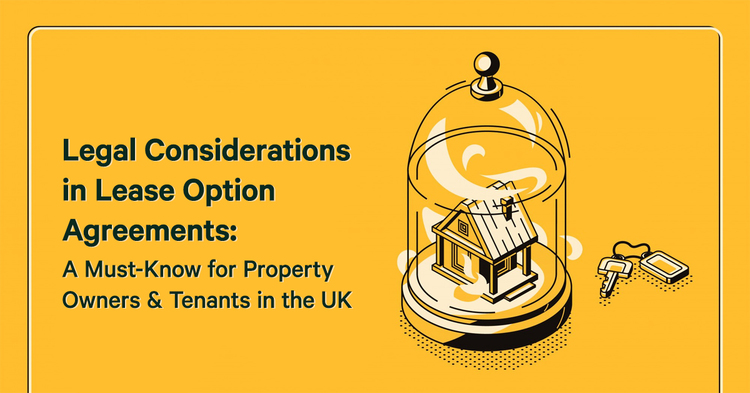Tips for Recognising and Dodging Fake House Buyers in the UK

Selling your home quickly to investors for the best cash price is tempting. However, the journey is filled with potential pitfalls, particularly the threat of fake house buyers. These unethical individuals or entities can pose as legitimate buyers, yet their real intent is to exploit the situation for their gain, often leaving sellers in distress. They are skilled at presenting themselves as credible, but their actions can turn your property-selling experience into a nightmare. This blog delves into the key strategies and insights needed to protect your investment. We’ll guide you through the indicators of fake house buyers in the UK and offer practical advice on avoiding them, ensuring your successful property sale is safe. Understanding the Threat of Fake House Buyers Fake house buyers represent a big concern in the property market. These actors, whether individuals or groups, masquerade as genuine buyers, displaying keen interest and often presenting themselves wit...


